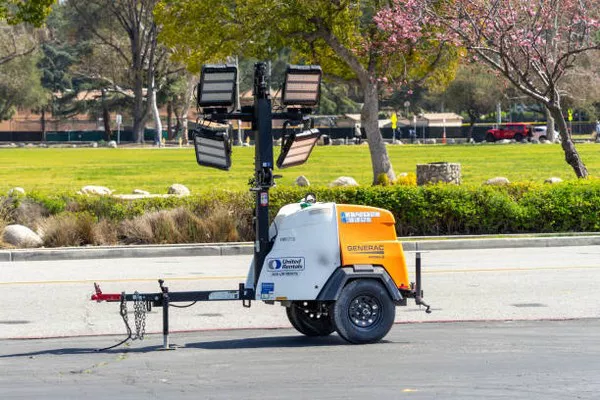When facing power outages, especially during hot summer months, ensuring the continuous operation of your central air conditioning system becomes paramount. A generator can be a lifesaver in such situations, but selecting the right size is crucial to ensure it can power your AC unit effectively. In this guide, we’ll explore how to determine the appropriate wattage for a generator to run your central AC, along with factors to consider and common FAQs.
Factors Affecting Generator Size
Before delving into generator sizes, it’s essential to understand the factors that influence the power requirements of your central air conditioning system:
1. AC Unit Size and Efficiency
The size and efficiency of your AC unit play a significant role in determining the generator’s wattage needed to power it. Larger units with higher cooling capacities will require more power to operate.
BTU Rating
British Thermal Units (BTUs) measure the cooling capacity of an air conditioner. Higher BTU ratings indicate more cooling power and, consequently, greater energy consumption.
SEER Rating
Seasonal Energy Efficiency Ratio (SEER) reflects the efficiency of an air conditioner. Higher SEER ratings signify more efficient cooling, which can reduce overall energy consumption.
2. Starting vs. Running Watts
Air conditioning units have two power requirements: starting watts and running watts. Starting watts are necessary to overcome the initial surge when the compressor kicks in, while running watts sustain the unit’s operation.
3. Other Appliances
Consider other appliances you might want to power simultaneously during an outage, such as lights, refrigerators, or electronics. Their combined power needs must be factored into the generator’s capacity.
4. Climate
Climate conditions affect how frequently and intensely your air conditioner operates. Hotter climates demand more cooling, increasing the workload on your AC unit and, consequently, the generator.
Calculating Generator Wattage
To determine the appropriate generator size for your central air conditioning system, follow these steps:
Step 1: Identify Starting Wattage
Check your AC unit’s specifications or consult the manufacturer’s manual to find the starting wattage. This figure typically ranges from 2 to 3 times the running wattage. For example, if your AC unit runs at 3,500 watts, its starting wattage might be between 7,000 and 10,500 watts.
Step 2: Determine Running Wattage
Similarly, ascertain the running wattage of your AC unit. This information is also available in the unit’s documentation. For the same example, a running wattage of 3,500 watts indicates the power required to sustain the AC’s operation once started.
Step 3: Consider Other Appliances
Account for the power needs of other appliances you intend to run simultaneously with your AC unit. Add their wattages to the running wattage of your AC to calculate the total power requirement.
Step 4: Select Generator Size
Choose a generator with a capacity exceeding the total wattage calculated in step 3. It’s advisable to opt for a generator with a margin of safety to accommodate potential fluctuations in power demand and ensure optimal performance.
FAQs
1. Can I run my central AC on a portable generator?
Yes, you can run your central AC on a portable generator, provided the generator’s wattage meets or exceeds the power requirements of your AC unit. Ensure the generator has the necessary outlets and features to support the AC’s electrical needs.
2. Can I use a generator to power my central AC during a power outage?
Yes, a generator can power your central AC during a power outage, allowing you to maintain a comfortable indoor environment. However, it’s essential to choose the right generator size and ensure proper installation and operation to avoid damage to both the generator and the AC unit.
3. How do I know if my generator is compatible with my central AC?
Check the generator’s specifications to ensure it provides the required wattage and voltage for your AC unit. Additionally, consult with a qualified electrician or HVAC technician to assess compatibility and ensure safe and efficient operation.
See Also Demystifying Generators: AC vs. DC
Conclusion
Selecting the right generator size is crucial for effectively running your central air conditioning system during power outages. By considering factors such as AC unit size, starting and running wattages, and additional power needs, you can determine the appropriate generator capacity to maintain indoor comfort and convenience during emergencies. Always prioritize safety and consult professionals for guidance on generator selection and installation.

